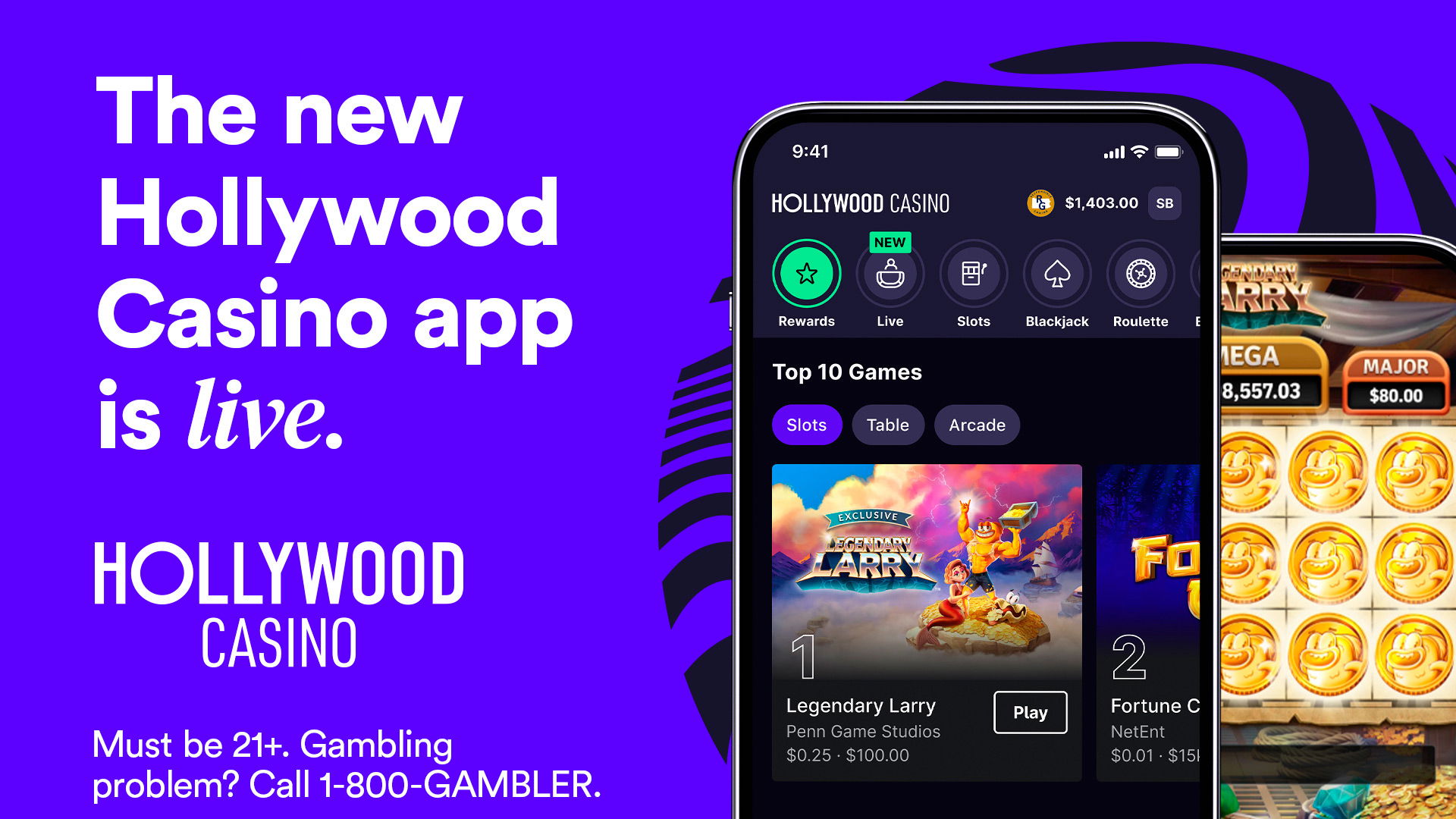How can gambling operators avoid hacker attacks?

Let’s face it—gambling platforms are a potential target for hackers. With so much money and sensitive user data flowing through them, it’s no wonder cybercriminals are always looking for ways to strike. Whether it’s shutting down servers with a DDoS attack or stealing user credentials, the threats are real and constant. That’s why gambling operators must stay a step ahead by locking down their platforms and keeping their users safe. Here’s a breakdown of the best strategies to keep hackers at bay and ensure a secure gaming experience.
Distributed Denial of Service (DDoS) attacks
Gambling operators employ several strategies to counter these threats:
-
Cloud-Based Anti-DDoS Solutions: These systems filter malicious traffic in real-time, ensuring legitimate users can access the platform without interruption.
-
Load balancers: Distributing incoming traffic across multiple servers helps maintain platform performance even during attacks.
-
Redundancy systems: Backup servers and failover mechanisms allow platforms to recover quickly from attacks, minimizing downtime.
-
Traffic analytics: Advanced monitoring tools detect unusual traffic patterns early, enabling operators to respond proactively.
By implementing these defenses, gambling operators ensure reliable service and maintain user trust, even under persistent threats.
Enhanced security with blockchain technology
Blockchain technology has revolutionized security in the gambling industry, particularly among reliable Bitcoin casino operators. These platforms build their systems on blockchain to ensure robust security, anonymity, and transparency. Key measures include:
-
Immutability: Transactions on the blockchain are permanent and tamper-proof, preventing fraud, double-spending, or unauthorized alterations.
-
Decentralized architecture: Unlike traditional platforms that rely on centralized servers, blockchain disperses data across a distributed network. This decentralization reduces the risk of single-point failures or targeted breaches.
-
Transparency: Blockchain enables users to verify all transactions and game outcomes independently, ensuring fairness without requiring trust in the operator.
-
Built-in anonymity: Bitcoin casino operators often allow users to register with minimal personal information, such as just an email address. Transactions are linked to wallet addresses rather than personal identities, enhancing user privacy.
-
Multi-signature wallets: Reliable Bitcoin casinos employ multi-signature wallets, requiring multiple private keys to authorize transactions.
-
Cold storage for funds: The majority of user and operator funds are stored offline in cold wallets, protecting them from online threats and hacking attempts.
-
Zero-knowledge proofs: Some advanced platforms utilize cryptographic techniques that allow users to verify the integrity of games and transactions without revealing sensitive details.
By integrating these blockchain-based features, Bitcoin casino operators provide a high level of security and privacy. These measures not only protect users but also differentiate Bitcoin casinos from traditional gambling platforms by offering enhanced trust and transparency.
Secure payment processing
Secure payment systems are essential to protect both users and gambling operators from financial fraud. Operators implement several key measures to ensure safe transactions:
-
Tokenization: Sensitive payment information is replaced with unique tokens during transactions, reducing the risk of data breaches.
-
Two-Factor Authentication (2FA): Adding a second layer of authentication ensures that only authorized users can access accounts and complete transactions.
-
Cold storage for funds: Offline storage of funds protects assets from online threats.
-
Compliance with payment industry standards: Adherence to standards such as PCI DSS ensures the platform meets stringent security requirements.
By safeguarding payment processing, gambling operators protect user funds and maintain confidence in their platforms.
Anonymity and privacy protection
Protecting user privacy is crucial for gambling operators. Several measures enhance anonymity and reduce the risk of sensitive data breaches:
-
Minimal data collection: Platforms collect only essential user information, reducing exposure in the event of a breach.
-
Data masking: Sensitive data is anonymized, ensuring it cannot be linked back to specific users.
-
Encrypted communications: End-to-end encryption protects user data during registration and transactions.
-
Secure account management: Features such as biometric authentication and encrypted logins safeguard personal information.
These practices ensure compliance with privacy regulations while building trust with users who value discretion.
Security features from established practices
Incorporating established cybersecurity measures strengthens gambling platforms against emerging threats. Key features include:
-
Regular security audits: Vulnerability assessments and penetration testing identify and address weaknesses before they can be exploited.
-
Firewalls and Intrusion Detection Systems (IDS): These systems monitor traffic and block unauthorized access to sensitive data.
-
Session management: Monitoring user sessions for unusual activity, such as multiple logins from different locations, helps identify compromised accounts.
-
Geo-Blocking: Restricting access from high-risk regions reduces exposure to cybercriminals.
These measures ensure gambling platforms meet industry standards for security and remain resilient against evolving attack vectors.
Advanced anti-fraud measures
Fraud prevention is critical for maintaining the integrity of gambling platforms. Operators deploy advanced systems to combat fraudulent activities:
-
Behavioral analysis tools: These tools monitor user behavior for anomalies, such as bot activity or coordinated fraud attempts.
-
Real-time monitoring: Continuous oversight of transactions and activities enables rapid detection of suspicious patterns.
-
Account verification: Enhanced Know Your Customer (KYC) protocols ensure accounts are legitimate and reduce the risk of fraud.
-
Machine learning algorithms: Advanced analytics identify and adapt to new fraud patterns, improving detection over time.

















































